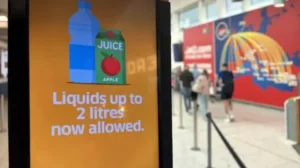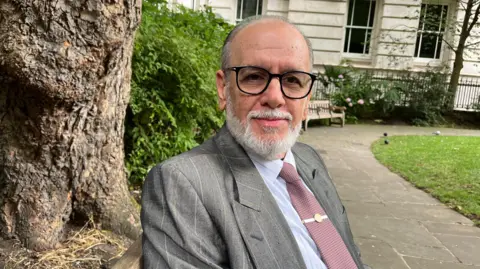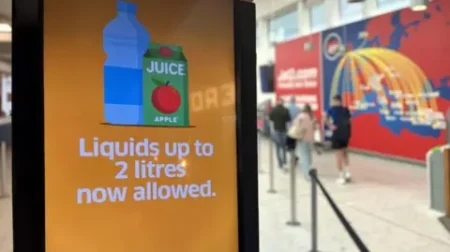In the aftermath of the London bombings on July 7, 2005, George Psaradakis, a bus driver who was operating the number 30 service during that fateful morning, recalls a day that shifted from exuberant anticipation to sorrowful despair. Just moments before tragedy struck, Psaradakis was filled with optimism, buoyed by the excitement surrounding London’s successful bid to host the 2012 Olympics. This sentiment resonated with his passengers, with conversations reflecting a collective pride in their city. However, in a harrowing twist of fate, the joy would soon turn to heartbreak as he navigated his bus into Tavistock Square, where a bomb detonated, claiming 13 innocent lives.
Now, at the age of 70, Psaradakis shares the haunting memories of that day, referring to it as a “macabre day” and expressing his deep sorrow for those who lost their lives. Despite being physically unharmed in the blast, the psychological toll of such an experience has lingered. He reflected on the tragedy with poignant words, emphasizing the brutality of the attack and the suffering caused by an act of senseless violence that forever changed the lives of numerous families.
The 7/7 bombings inflicted unparalleled devastation on the capital, leading to 52 deaths and over 770 injuries. The strategic coordination of the attacks—targeting the London Underground near stations such as Aldgate, Edgware Road, and Russell Square—created chaos that morning, prompting many commuters to seek alternative routes. The number 30 bus, rerouted through Tavistock Square due to the Tube disruptions, became the scene of one of the most tragic explosions. As Mr. Psaradakis opened the bus doors and suggested passengers with shorter distances to walk, little did he know that the fourth bomb would detonate at 09:47 BST, resulting in massive casualties.
Retiring from London and relocating to Cyprus, Psaradakis has recently returned to the city on the 20th anniversary of the bombings to honor those who tragically lost their lives. Despite the painful memories that resurface each July, he acknowledges the importance of remembrance and commemoration. “Coming to England and participating in the memorial gives me happiness. I think we have to commemorate them,” he affirmed, demonstrating his commitment to honoring the victims.
Offering a message of love and reconciliation rather than hatred, Psaradakis reflects on the broader implications of such violence, urging against perpetuating a cycle of animosity. His thoughts resonate with the concept that the perpetrators of violence ultimately harm themselves more than their victims. “He beheaded himself and by doing that inhuman crime he killed all those innocent fellow human beings,” he lamented. His words emphasize the need for humanity to triumph over hostility and for community solidarity to emerge in the face of adversity.
Faith has also played a significant role in Mr. Psaradakis’s coping mechanism as he relies on his Christian Orthodox beliefs to help him confront the tragedies of that day. He finds solace in praying every day for the souls of those lost. He insists on the importance of remembering and honoring their lives and encourages community participation in remembrance activities at places like Hyde Park and Tavistock Square. “Their souls – they are alive. For me, I believe they are in the arms of God in paradise,” he expressed, highlighting the belief that the spirits of the deceased remain a vital part of the collective memory of London.
Overall, George Psaradakis’s reflections embody a story of resilience amidst devastating loss. His commitment to remembering those who perished during the 7/7 bombings serves as a poignant reminder of the fragility of life and the enduring impact of violence on communities. He calls for compassion, urging society to respond to tragedy with love rather than hatred, illuminating a path toward healing and unity in a world too often marked by division and strife.











